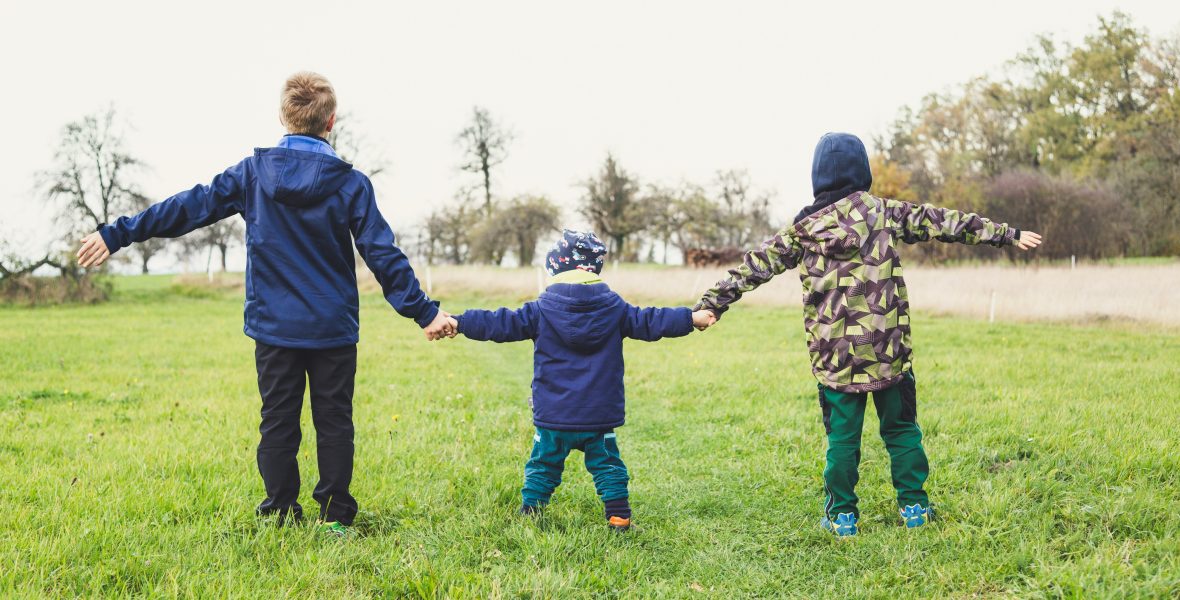The Challenge of Neurodiversity and Psychomotor Retardation in Children: Addressing 5 Key Areas
The Challenge of Neurodiversity and Psychomotor Retardation in Children: Addressing 5 Key Areas
In recent years, the understanding of neurodiversity has broadened, shedding light on various developmental challenges faced by children. One area that demands attention is the relationship between neurodiversity and psychomotor retardation in children. Psychomotor retardation refers to the delay or underdevelopment of motor skills, such as movement coordination, balance, and physical agility. When children experience both neurodiversity and psychomotor challenges, early intervention becomes critical to support their overall development.
This article will explore five key challenges that link neurodiversity and psychomotor retardation in children, along with actionable steps for caregivers, educators, and specialists to help address these concerns.
1. Understanding Neurodiversity and Psychomotor Retardation in Children
Neurodiversity refers to the variety of differences in brain functioning that result in diverse ways of thinking, learning, and behaving. This concept encompasses conditions such as autism, ADHD, dyslexia, and sensory processing disorders. While neurodiversity highlights the strengths of these children, some may experience co-occurring delays in motor skill development, known as psychomotor retardation.
Psychomotor retardation in children manifests in difficulty with motor coordination, balance, and performing fine and gross motor skills. For neurodiverse children, these physical challenges can affect daily life activities, including playing, learning, and social interactions.
For more in-depth research on the neurological underpinnings of these challenges, click here to explore the CDC’s developmental milestones.
2. The Impact of Sensory Processing Disorders on Motor Skills
Children with sensory processing disorders (SPD), a common condition among neurodiverse individuals, often face challenges in processing sensory input. This can severely affect their psychomotor development. For example, a child with SPD might be hypersensitive to touch, sound, or movement, leading to difficulties in activities requiring balance, hand-eye coordination, or motor planning.
When a child is overwhelmed by their sensory environment, their psychomotor development may lag, as they are unable to process the necessary stimuli required for effective movement. The interplay between neurodiversity and psychomotor retardation in children makes it essential to create safe, adaptive spaces where these children can thrive physically.
3. Autism and Motor Coordination Difficulties
Autism spectrum disorder (ASD) is one of the most widely recognized conditions within the neurodiversity framework. Children with autism often exhibit developmental delays in motor skills, particularly in fine motor tasks such as holding a pencil, tying shoes, or using scissors. Gross motor skills, like running or jumping, can also be delayed due to difficulties with motor planning and coordination.
In the case of neurodiversity and psychomotor retardation in children, early identification and intervention are key. Physical activities tailored to improve motor coordination can significantly enhance their developmental trajectory, supporting both their cognitive and physical growth.
4. ADHD and Psychomotor Retardation: Balancing Hyperactivity and Motor Delays
Attention-deficit/hyperactivity disorder (ADHD) is another condition where neurodiversity intersects with psychomotor challenges. Children with ADHD often display hyperactivity, impulsivity, and poor concentration. At the same time, they may struggle with motor coordination tasks. Despite their heightened energy, ADHD children can experience delays in motor skills, particularly when it comes to fine motor tasks like handwriting or catching a ball.
By understanding the relationship between ADHD and psychomotor retardation, caregivers can help these children through structured activities that channel their energy into purposeful movement, thereby improving both their attention span and motor abilities.
5. Supporting Neurodiverse Children Through Psychomotor Activities
Addressing neurodiversity and psychomotor retardation in children requires a holistic approach. Psychomotor activities, such as balance exercises, obstacle courses, and guided play, can stimulate both cognitive and physical development. For example, using sensory-friendly equipment such as soft gym mats, weighted balls, and swings can encourage movement in a safe, enjoyable way for children with sensory sensitivities.
For some inspiration on suitable psychomotor equipment, take a look at the below:
By introducing structured psychomotor activities early on, educators and therapists can help neurodiverse children overcome motor delays and develop stronger coordination skills. Additionally, regular physical activity has been shown to boost mental health, reduce anxiety, and improve social skills, further enriching the lives of children with neurodiversity.
In Summary: A Growing Concern That Demands Attention
The link between neurodiversity and psychomotor retardation in children represents a growing concern that requires a proactive, supportive approach. By understanding the challenges faced by neurodiverse children in developing motor skills, caregivers, educators, and specialists can create tailored interventions that promote healthy psychomotor development. Early intervention, adaptive environments, and psychomotor activities are vital in helping these children navigate their developmental challenges, enabling them to reach their full potential.
With the right support, neurodiverse children can lead fulfilling, active lives while navigating their unique developmental journeys. Understanding the relationship between neurodiversity and psychomotor retardation in children allows us to build a future where all children, regardless of their neurodevelopmental profiles, can thrive.
By embracing neurodiversity and addressing psychomotor delays, we can foster a more inclusive environment for young children as they grow and develop.

